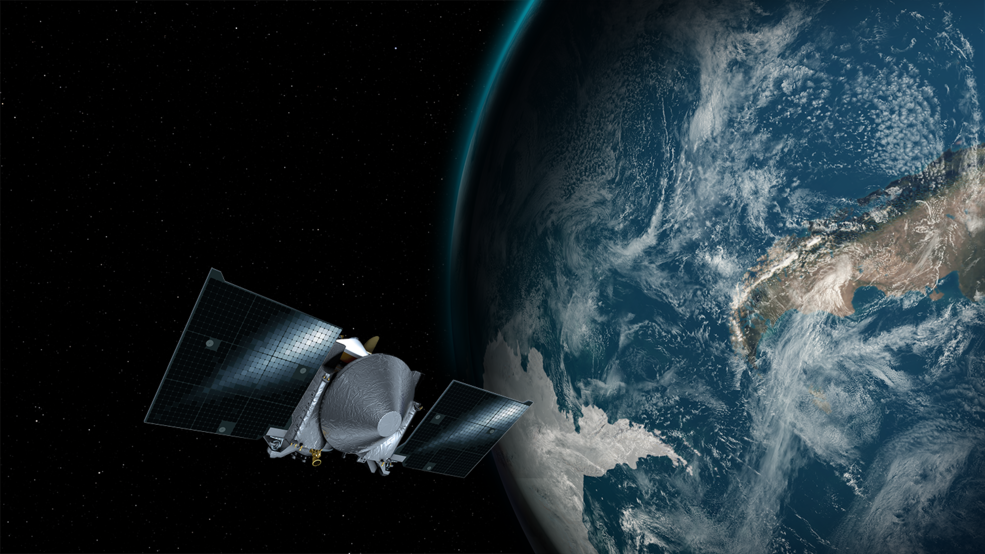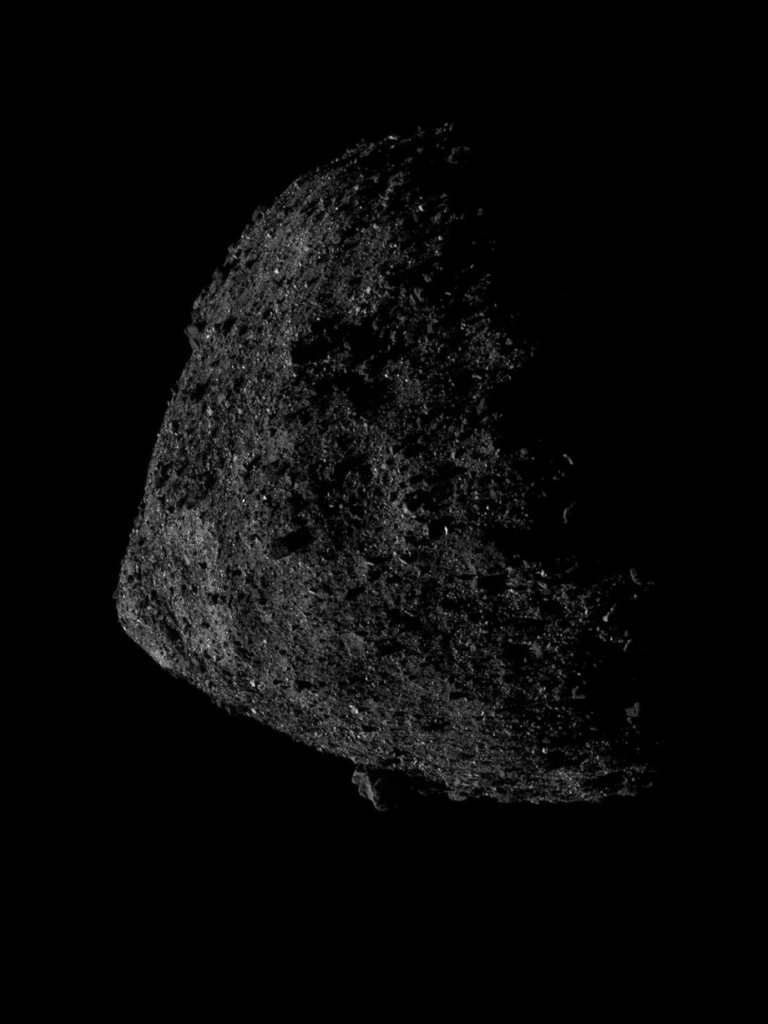
After spending several years studying asteroid Bennu and its surface, NASA’s OSIRIS-REx spacecraft is on its way back to Earth with samples it collected from the asteroid on October 20, 2020.
The Origins, Spectral Interpretation, Resource Identification, Security-Regolith Explorer, or OSIRIS-REx, is expected to deliver the sample – a cache of rocks and dust – to Earth’s surface on September 24, 2023, becomes the first NASA mission to collect an asteroid sample for analysis in labs around the globe.
However, bringing the precious asteroid sample back to Earth is a complex and challenging mission as the spacecraft has to protect it from heat, vibrations, and earthly contaminants. Scientists believe that asteroids played a role in delivering organic compounds to Earth’s surface over 4 billion years ago. To understand this role, they need a pristine sample from space, free from terrestrial contaminants.
“Once the sample capsule touches down, our team will be racing against the clock to recover it and get it to the safety of a temporary clean room,” said Mike Moreau, deputy project manager at NASA’s Goddard Space Flight Center in Greenbelt, Maryland.
The Bennu sample capsule will land in the Utah desert, from where it will be transported to a new lab built for the material at NASA’s Johnson Space Center in Houston. The sample will be unpacked and up to a quarter of it will be distributed to the OSIRIS-REx science team around the world for analysis while the rest will be curated for other scientists to study, now and in future generations, according to NASA.
By studying the Bennu sample, scientists will be able to learn more about the origins of life on Earth and the formation and evolution of our solar system.
“There are two things pervasive on Earth: water and biology. Both can severely alter meteorites when they land on the ground and muddle the story told by the sample’s chemistry and mineralogy. A pristine sample could provide insights into the development of solar system,” said Dr Jason Dworkin, OSIRIS-REx project scientist at NASA Goddard.
The return of Bennu sample will mark the culmination of more than 12 years of planning, development, and scientific exploration by NASA and its mission partners.
Recent Posts
- Astronomers detect first direct image of black hole expelling a powerful jet
- WhatsApp rolling out ‘reply with message’ feature within call notifications
- Multi-Device Pairing May Be Arriving for Apple Watch this Year
- Artificial Intelligence Discovers Hidden Giant, a Planet 5 Times Larger Than Jupiter
- Google CEO Sundar Pichai Talks Bard & The Future Of Search
Recent Comments
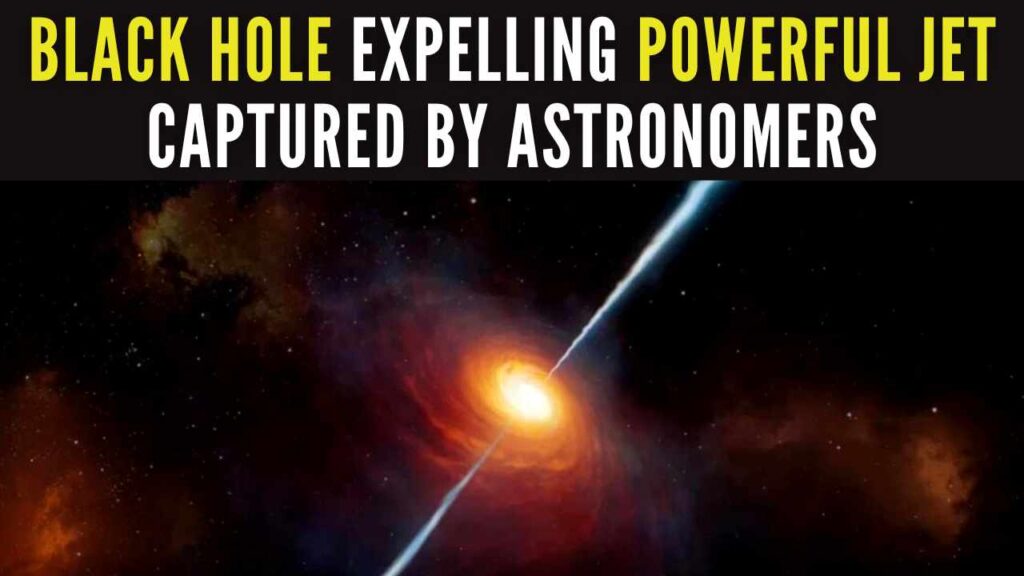
Astronomers detect first direct image of black hole expelling a powerful jet
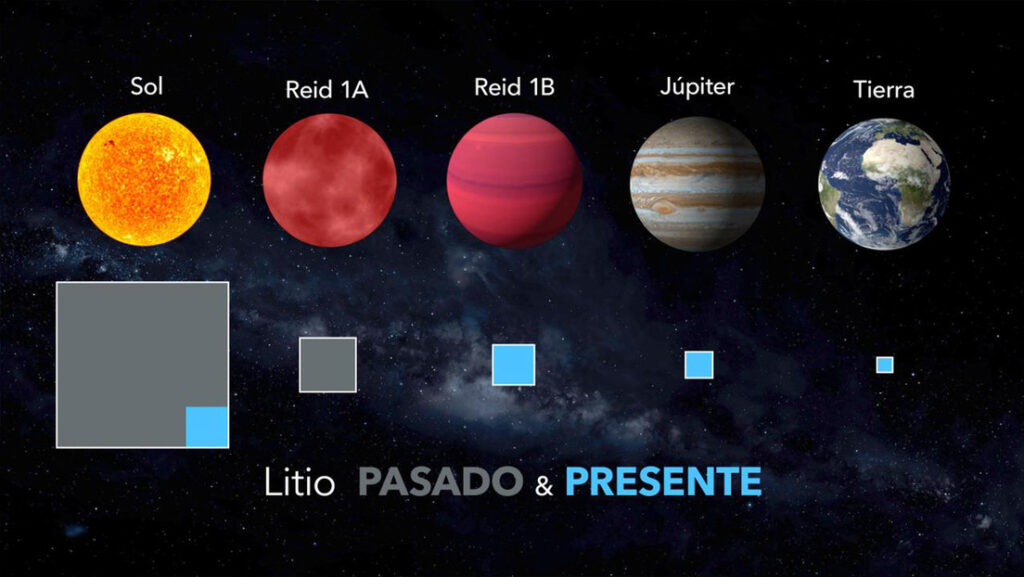
Artificial Intelligence Discovers Hidden Giant, a Planet 5 Times Larger Than Jupiter

Scientists explain melting of Antarctic ice sheet dating back 9,000 years
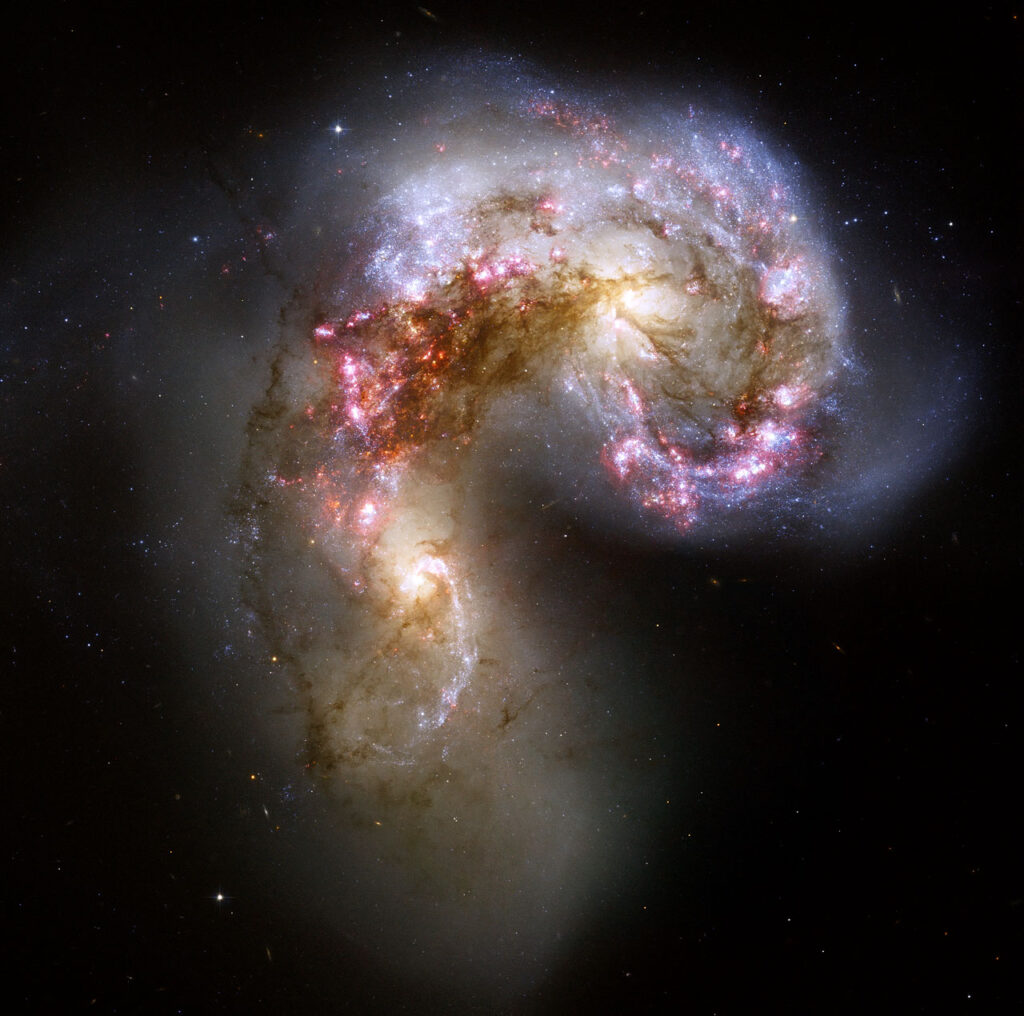
An Unexpected Discovery: Hubble, ESA's Gaia Spot Double Quasar That Existed Over 10 Billion Years Ago

Astronomers detect first direct image of black hole expelling a powerful jet

WhatsApp rolling out ‘reply with message’ feature within call notifications

Multi-Device Pairing May Be Arriving for Apple Watch this Year


